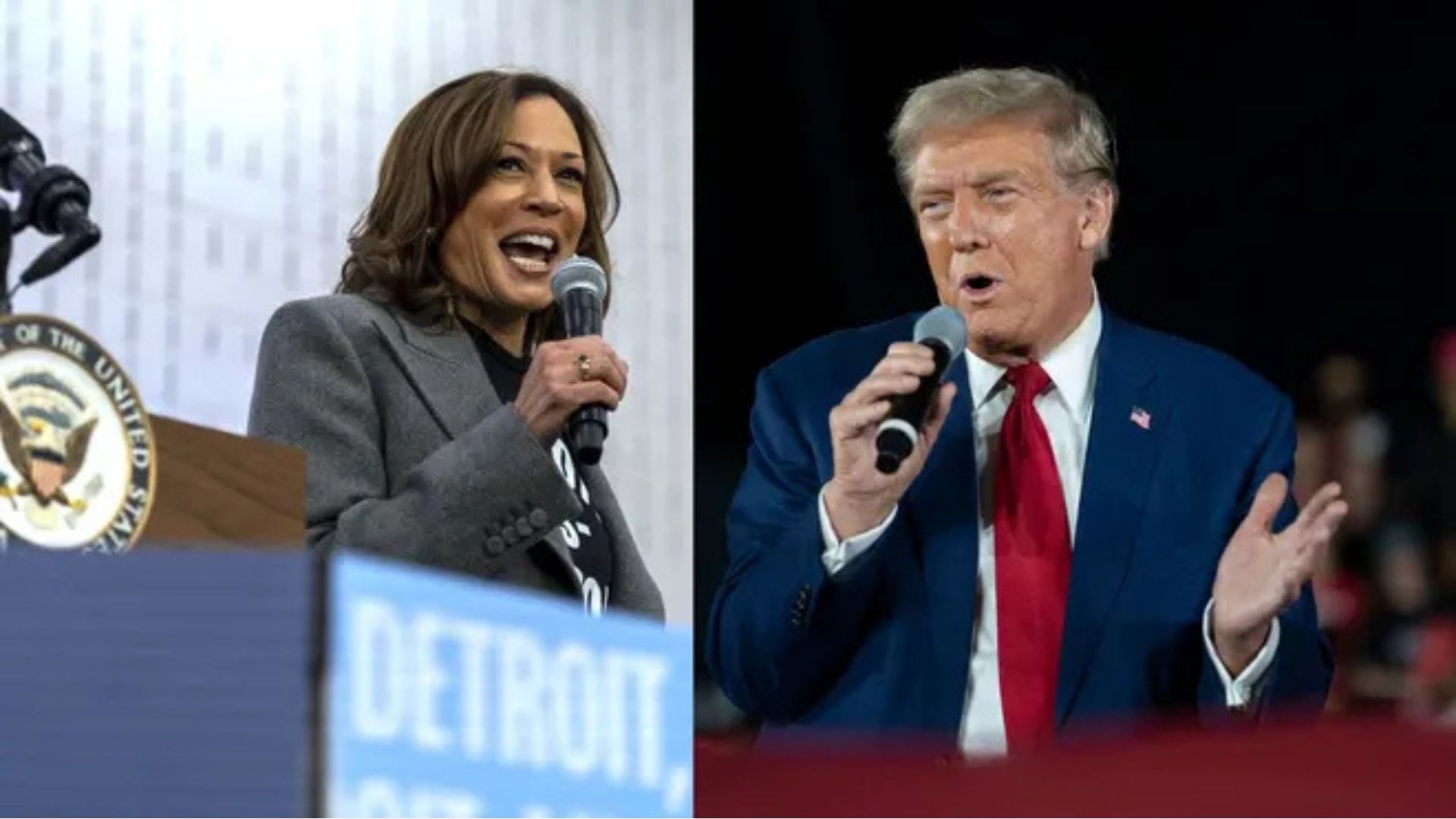As the US presidential race intensifies between Democrat Kamala Harris and Republican Donald Trump, an analysis by JM Financial Institutional Securities suggests that the economic policies of either candidate could significantly impact various sectors of the Indian economy.
Key Policy Differences Affecting Indian Sectors
The analysis highlights several areas where the candidates’ policies diverge, particularly in trade, interest rates, immigration, and healthcare, which could shape India’s banking, IT, pharmaceuticals, auto components, energy, and real estate sectors.
According to the report, a win for Harris would likely lead to a more accommodating stance from the U.S. Federal Reserve, prompting the Reserve Bank of India (RBI) to ease interest rates. This scenario could benefit Indian non-banking financial companies (NBFCs) by lowering funding costs and stimulating loan demand. Conversely, a Trump victory might maintain elevated interest rates in the U.S., pressuring the RBI to keep rates high, which could slightly favor public sector banks (PSBs) over NBFCs.
The analysis also notes that a Harris administration could be more favorable for Indian life insurers, as Democrats generally support rate cuts, while a Republican win could pose challenges for these companies.
Sector-Specific Implications
The Indian Information Technology (IT) sector, historically reliant on U.S. demand, may lean towards a Republican win due to Trump’s previous restrictive policies on H-1B visas. While Indian IT firms may face increased cost pressures under a Republican administration, operational disruptions are deemed unlikely.
In the pharmaceutical sector, the anticipated changes under the Biden administration, such as Medicare negotiating drug prices starting in 2026, may not significantly impact Indian pharmaceutical exports. Republicans could alter these negotiations but are expected to have minimal effect overall.
Should Republicans secure a win, tariffs on Chinese imports are likely to increase, benefiting Indian auto component manufacturers and enhancing India’s role in global supply chains. However, higher tariffs may necessitate a greater presence of Indian manufacturers in the U.S.
Energy, Real Estate, and Commodity Markets
Trump’s pro-oil policies could lead to lower global oil prices, positively impacting India’s energy import bill. However, stability in interest rates under Trump may suppress near-term demand in India’s real estate market, particularly in affordable housing.
Additionally, Trump’s “America First” policy may restrict IT hiring, which could affect occupancy rates in Indian office spaces. Flex office operators and commercial real estate stakeholders are advised to monitor these policy shifts closely.
Past tariff policies under a Republican administration could also influence commodity prices. While higher tariffs on Chinese metals may benefit Indian exporters, price instability could pose long-term profitability concerns.
The report concludes that Trump’s approach towards China may open up the U.S. market for Indian chemical exports, potentially offsetting existing tariffs and benefiting the Indian economy. Increased demand for textiles and ceramics, particularly from the Morbi ceramic industry, is expected as U.S. buyers look for alternatives to Chinese goods under a Trump administration. Furthermore, a surge in demand for India’s wire and cable industry is anticipated due to restricted imports from China.







